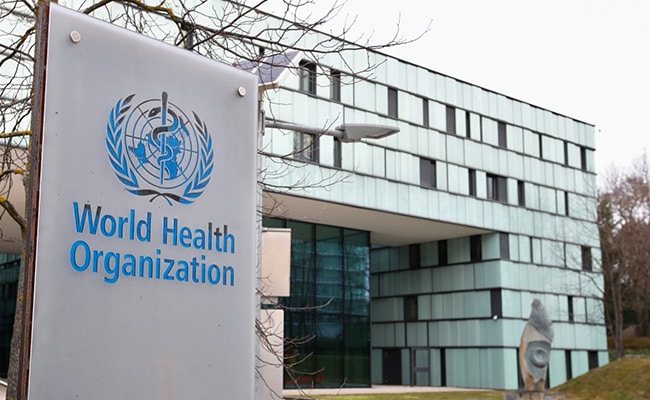
“This pandemic was very severe,” acknowledged the WHO emergency chief, Michael Ryan.
Geneva, Switzerland:
The new coronavirus has had a devastating impact worldwide, but the World Health Organization warned on Monday that worse pandemics could occur, urging the world to “take” the preparation seriously.
“This is a warning,” WHO emergency chief Michael Ryan told reporters at a news conference that marked a year since the UN agency first learned of the spread of the new virus in China.
Since then, Covid-19 has killed almost 1.8 million people worldwide, out of more than 80 million infected.
“This pandemic was very severe,” acknowledged Ryan.
“It spread across the world extremely fast and affected every corner of the planet, but this is not necessarily the biggest.”
He emphasized that although the virus is “very transmissible and kills people … its current lethality (rate) is reasonably low compared to other emerging diseases”.
“We need to prepare for something that may be even more severe in the future.”
WHO senior adviser Bruce Aylward also warned that while the world has made enormous scientific progress to deal with the coronavirus crisis, including developing vaccines at record speed, he remains far from prepared to prevent future pandemics.
“We are in the second and third waves of this virus and we are not yet prepared to deal with and manage them,” he told the briefing.
“So, although we are better prepared … we are not fully prepared for this one, let alone the next one.”
– ‘More ambition’ –
WHO chief Tedros Adhanom Ghebreyesus, however, expressed hope that the Covid-19 pandemic has helped the world to be better prepared to face future threats.

“In terms of awareness, I think we are doing it now,” he said.
But he emphasized that it is “time to be really serious”.
“More ambition is needed.”
But Tedros also praised how scientists around the world are working together to help end the pandemic.
He specifically mentioned the two new strains of the virus that emerged in Britain and South Africa, which appear to be more infectious than the previous strains.
“We are working with scientists from the UK and South Africa who are conducting epidemiological and laboratory studies, which will guide the next steps,” he said.
He praised the two countries for testing and tracking the new variants.
And with more than 50 countries now imposing travel restrictions on Britain, he also warned against taking punitive measures against countries that share these results transparently.
“Only if countries are looking and testing effectively will you be able to choose variants and adjust strategies to address this,” he said.
“We must ensure that countries are not punished for sharing new scientific findings transparently.”
(This story was not edited by the NDTV team and is automatically generated from a syndicated feed.)
